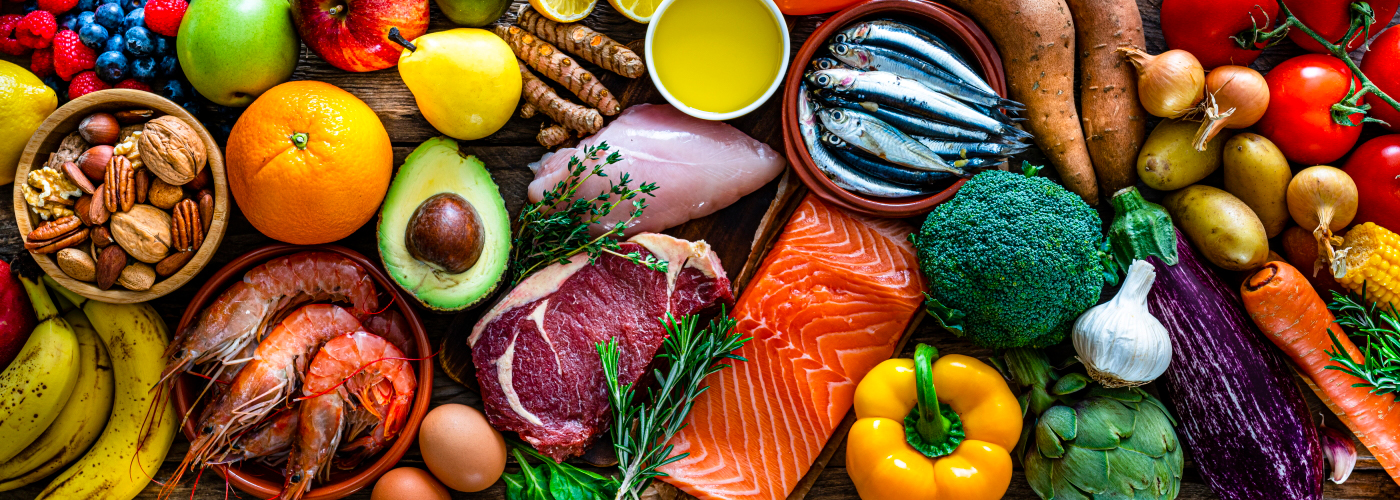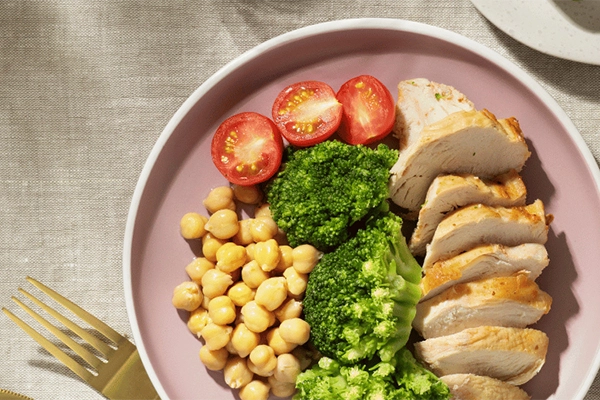Topics
What are the effects of cancer treatments on the nutritional needs of cancer patients?
Generally, as a healthy person, we are able to receive adequate amount of important nutrients (vitamins, minerals, protein, carbohydrates, fat, and water) and calories from our daily food take.
However, this is not the case with cancer patients. Cancer treatments that they are receiving may be impacting their sense of taste and smell. They may also lose their appetite and ability to eat enough food, let alone absorbing nutrients from the food that they eat. This may lead to malnutrition.
The three most common cancer treatment options are surgery, radiation therapy, and chemotherapy.
Surgery
Surgery is performed to remove the tumour, cancerous tissues, and surrounding organs that are impacted. Most of the time, a combination of surgery, chemotherapy, and radiotherapy is used to treat cancers.
For a cancer patient, nutrition for cancer care may begin pre-surgery to avoid malnutrition. Surgery increases the body’s needs for nutrients and energy to recuperate. A cancer patient should be receiving ample calories and protein pre- and post-surgery so that their body can heal and recover from the procedure.
Radiation therapy
In radiation therapy, high energy beams are aimed at the tumour or specific area to kill the cancerous cells. Radiation dosages will be determined and given to patients depending on the part of the body that is treated. Unfortunately, the side effects of radiation therapy include loss of appetite, nausea, and vomiting.
Chemotherapy
In chemotherapy, chemotherapy drugs are given orally or intravenously to the cancer patients to stop the growth of cancer cells. The drugs differ depending on the type and stage of the cancer.
Chemotherapy drugs also affect the bone marrow, hair, and the mucosa layer in the stomach and gastrointestinal tract. Cancer patients undergoing chemotherapy will experience nausea, vomiting, diarrhoea, and constipation.
How does cancer affect the nutritional needs of cancer patients?
Apart from the cancer treatments mentioned above, the location of the cancer also affects the nutritional needs of a cancer patient. Esophageal and stomach cancer can cause blockages in the gastrointestinal tract. Patients of these two cancers will experience loss of appetite, thus impacting their nutritional needs.
These are the symptoms that cancer patients are experiencing:
- Easily bloated
- Weight loss
- Appetite loss
- Diarrhoea
- Constipation
- Nausea or vomiting
- Loss of sense of taste and smell towards food

What is the nutrition guideline for cancer patients?
Foods that are high in calories, protein, vitamins, and minerals are beneficial for cancer patients. Below are the dietary habits for cancer patients to help fulfil their nutritional needs.
- Food high in calories and protein content
- These includes nuts, chicken, fish, eggs, tofu, cheese
- Dairy beverages fortified with protein are also recommended to increase protein intake
- Cancer patients are recommended to consume food high in protein when they still have a good appetite for food
- Liquid-based diet
- For patients who face challenges in swallowing solid food, recommended substitutes are milkshakes, smoothies, juices, or soups
- Substituting with liquid-based food can help increase the patients’ appetite
- Small, frequent meals
- If the patients are losing their appetite, they can eat their meals in smaller portions more frequently throughout the day
- Multiple small eating episodes can be done 5 to 6 times throughout the day
- Nutritional supplements
- Multivitamins are suitable for patients who are facing difficulties in fulfilling their daily nutritional needs from food
- Vitamin C can be added to aid wound and tissue recovery and prevent infection
- Probiotics in capsules or powder form can help with digestion and reduces diarrhoea when the patients are undergoing chemotherapy or radiation therapy
- Light exercises
- Encourage the patients to do light exercises according to their comfort level or take a walk around the park to help increase their appetite
Natural, plant-based anti-cancer foods
- Green tea
- Blackberries
- Blueberries
- Lemon
- Apple
- Kale
- Ginseng
- Ginger
- Turmeric
- Cinnamon
- Artichokes
- Garlic
- Tomato
- Olive oil
- Pomegranate
- Green leafy vegetables
- Cauliflower
- Avocado
- Nuts
- Broccoli
- Mushroom
Book an appointment at Pantai Hospitals
The caring and multidisciplinary team of healthcare professionals are available for consultation and to provide the best care. Get in touch with us to find out more about Oncology and Nutrition & Dietetics services at your nearest Pantai Hospital.
Pantai Hospital Malaysia is accredited by the Malaysian Society for Quality in Health (MSQH) for its commitment to patient safety and service quality.









.webp?sfvrsn=9f42ecac_9)
.webp?sfvrsn=2984d0c3_9)



